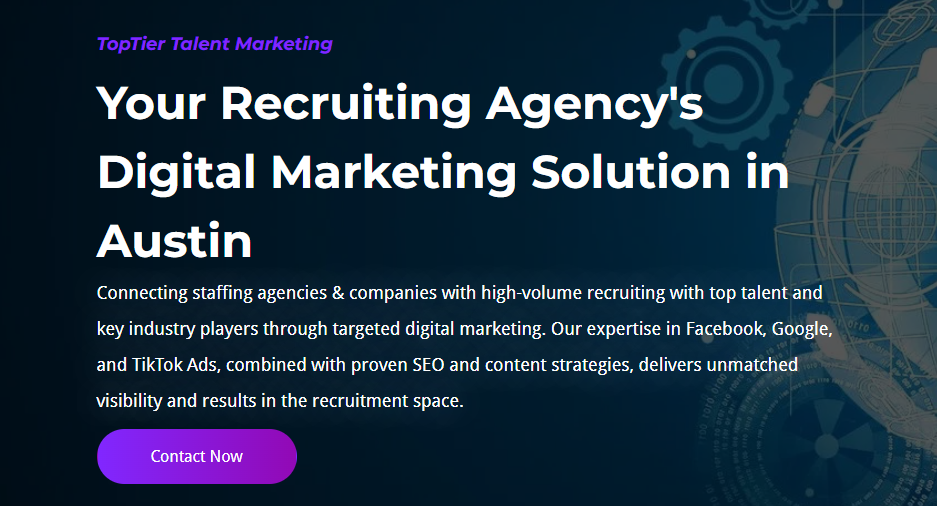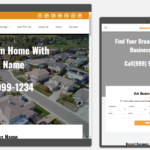Running a business is not easy, be it a startup or an enterprise, especially in today’s competitive market. You want to make your presence known so your target audience can easily find you; in the modern age, content marketing is the only way to do that. Content marketing has become a buzzword, but it is so much more than that. It is a cost-effective marketing strategy that helps you build valuable and long-term customer relationships. Despite being different from traditional marketing strategies, content marketing is employed by industry giants like Microsoft, P&G, TED, HubSpot, etc. However, since you are busy managing multiple aspects of a business, from finance to meetings with clients, is investing time in content marketing worth the effort?
What Is Content Marketing?
According to Ahrefs, 67% of marketers have generated increased demand and leads as a result of content marketing (an increase of 7% since 2021). Moreover, 72% of marketers report that content marketing allows them to educate their audience (an increase of 2%). Lastly, 63% have used content marketing to build customer loyalty (a 3% increase). Content marketing is a strategic marketing approach that involves creating and sharing content in the form of blogs, videos, articles, ebooks, etc., to create an online presence and retain a clearly defined audience. But how is content marketing different from traditional marketing? Instead of promoting your own business, content marketing involves creating content that gets customers interested in your products and services by way of informing them instead of selling to them. However, it is essential to mention that content marketing doesn’t show results immediately. It is a long-term commitment that leads to an increased retention rate and higher ROI.Types Of Content Marketing
There are multiple types of content marketing, each offering different benefits. Choosing one depends on your marketing needs; for instance, do you want to increase sales? Build your reputation? Increase conversions? Let’s briefly discuss these types.Blogs
If you are a content marketing beginner, we suggest starting with blogs. Blogs help increase ROI and share valuable information about your products and services with your customers. The significance of blogs can be determined by the following statistics:- 77% of internet users read blogs
- Vloggers and bloggers influence the opinions of almost 50% of internet users
- Publishing content 3-4 times a month can result in 3.5 times more organic traffic than if you publish your content infrequently.
Testimonials
Have you heard of social proof? It is a psychological phenomenon where people follow the action of the masses because they believe it to be universally correct. This is what businesses utilize as a form of positive marketing – testimonials. Your customers are more likely to believe other customers than the business itself; that’s why you need to gather and display testimonials on your website and social media platforms. Customer testimonials are a great way to show your customers why your business stands out. If you operate in a niche, you can partner with a leading personality and have them review your products. According to BigCommerce, 72% of consumers agree that positive reviews help them form an opinion of a business and its products and services.Videos
When we talk about the future of content marketing, we mean videos. Videos generate more audience engagement and are inclusive for all customers. According to HubSpot research, 54% of audiences want to see videos from brands they support, which is more than any other type of content. This is because videos are highly versatile and visually pleasing. Instead of reading a 1000-word blog post, your audience can get the same amount of information in a 3-min video, and they don’t have to make much effort. There are multiple types of video content available, such as vlogs, customer interviews, webinars, product demos, branded ads, etc. Aside from these, other types of content marketing include:- User-Generated Content
- Ebooks
- Infographics
- Case studies
- Memes
- How-to guides
- Influencers
Content Marketing Cost Per Month
While small businesses are up for trying anything to increase their market presence and value, they want to keep things within budget (usually a strict budget). So, how much does content marketing for small businesses cost per month? The cost can vary from $6,000 a month to as high as $60,000+ a month for an enterprise business. The cost is slightly less for small businesses, though you can cut corners to reduce this cost even further. However, is it even worth the trouble? The biggest challenge businesses face when hiring a content marketing agency is finding the perfect balance between cost and results. While you might find a cheap content package, the resulting content won’t help generate organic leads. An authentic agency knows what content type gets results, and if you hire the right agency, you can quickly recover your investment.Free Tools For Content Marketing
It is safe to say that content marketing is helpful for all businesses, but not everyone can generate quality content. However, a small business needs to look for alternative options, such as free content marketing tools, as the cost of hiring a content agency is exceptionally high. Many content marketing tools are available that can help enhance your marketing efforts while staying within budget, such as:- Keyword Researcher – this tool suggests keywords related to your main topic so you know what to write about or what is currently trending in your niche.
- Canva – while Adobe Illustrator and Photoshop are the preferred software for creating visual content, not everyone can master them (or afford them). Canva offers an easy-to-use editing platform where users can create social media posts, resumes, brochures, etc., for free.
- Trello – if you like to stay organized, then Trello is the software for you. It is a project board where you can keep track of your content and create lists like editing, planning, publishing, etc.
- Make My Persona – this tool helps you create buyer personas by asking you a couple of questions and creating your target customer profile based on your answers.

















